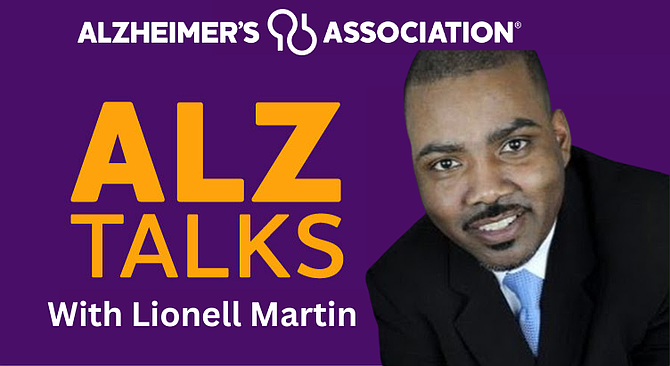Time Change This Sunday Can Deeply Affect Those Living With Alzheimer’s and Dementia
Time Change This Sunday Can Deeply Affect Those Living With Alzheimer’s and Dementia
As clocks “fall back” one hour this Sunday, November 2, marking the end of Daylight-Saving Time (DST), most Americans will welcome the extra hour of rest. But for people living with Alzheimer’s disease and other forms of dementia, this annual adjustment can bring confusion, disrupted routines, and sleepless nights that ripple through households.
Experts say that while time change is a small inconvenience for most, it can significantly impact those whose sense of stability depends on predictable daily patterns.
For many living with dementia, the end of Daylight Saving Time can intensify a condition known as sundowning—a pattern of increased confusion, agitation, or restlessness that tends to appear in the late afternoon or evening. When darkness arrives earlier, these symptoms can become more severe and harder to manage.
“People with dementia often interpret environmental cues to tell time,” said a dementia care specialist with the Alzheimer’s Association. “When it gets dark sooner, their internal sense of order is disrupted, and that can lead to distress.”
A structured routine offers comfort and stability for people with dementia. Small shifts—like eating dinner or going to bed an hour earlier or later can cause anxiety or disorientation. The time change can also throw off medication schedules and caregiving routines.
“Even subtle changes in timing can lead to a domino effect of confusion,” experts note. “The key is consistency.”
The body’s natural sleep-wake cycle, or circadian rhythm, is guided largely by light exposure. When DST ends, earlier sunsets reduce light cues that help regulate sleep patterns, mood, and alertness. For people already struggling with sleep disturbances, this shift can lead to increased nighttime wakefulness and daytime fatigue.
Sudden changes in lightning such as darkness falling earlier in the evening—can also cause environmental confusion. Some individuals may not understand why it’s dark when they expect daylight, which can heighten anxiety or agitation.
Even without the time change, sleep issues are widespread among people with dementia. Studies show that up to 45% experience ongoing sleep disturbances. Many wake frequently during the night or wander, while caregivers lose sleep themselves trying to keep loved ones safe.
In later stages of Alzheimer’s, individuals may spend nearly 40% of nighttime hours awake, and much of the daytime asleep, creating a difficult cycle for both patients and caregivers.
Lionell Martin, Alzheimer’s Association Illinois Chapter, Phone: 773.593.4211
Email: lrmartin@alz.org
The Alzheimer’s Association 24/7 Helpline (800-272-3900) provides free, confidential support and guidance for families managing sleep problems and other challenges associated with dementia.
Caregivers can also connect with others through ALZConnected—the Association’s online support community—available at alzconnected.org. Additional resources, including local and virtual support groups, can be found at alz.org.
Latest Stories
- Illinois EPA Announces $1.5 Million in Funding Available for Energy Efficiency Upgrades at Public Water Supply Facilities
- As We Prepare to Lay Rev. Jackson to Rest, I’m Thinking About Words That Build Coalitions
- SOUTH CHICAGO RESIDENTS LAUNCH “SOUTHEAST NEIGHBORS FOR QUANTUM” IN SUPPORT OF HISTORIC ILLINOIS QUANTUM AND MICROELECTRONICS PARK DEVELOPMENT
- The Kids Are Alright: High School Sites Outpace Weeklong Early Voting In One Day
- WDB L.E.G.A.C.Y. Weekend Celebrates 20 Years of Empowering Black-Owned Businesses
Latest Podcast
MEDICAL POWER OF ATTORNEY

